Chatham County, North Carolina: A Tapestry Of History, Nature, And Modern Growth
Chatham County, North Carolina: A Tapestry of History, Nature, and Modern Growth
Related Articles: Chatham County, North Carolina: A Tapestry of History, Nature, and Modern Growth
Introduction
With great pleasure, we will explore the intriguing topic related to Chatham County, North Carolina: A Tapestry of History, Nature, and Modern Growth. Let’s weave interesting information and offer fresh perspectives to the readers.
Table of Content
Chatham County, North Carolina: A Tapestry of History, Nature, and Modern Growth
Chatham County, nestled in the heart of North Carolina’s Piedmont region, is a captivating blend of rural charm, vibrant history, and burgeoning economic development. Its diverse landscape, ranging from rolling hills and forested areas to picturesque lakes and rivers, provides a captivating backdrop for its rich tapestry of communities and attractions.
A Look at the Map: Geographic Features and Demographics
Chatham County’s map reveals a geographically diverse region. The county’s northern border is defined by the Haw River, while the southern border is marked by the Cape Fear River. These waterways, along with their tributaries, have played a pivotal role in shaping the county’s history, influencing transportation, agriculture, and the overall character of its communities.
The county’s central portion is characterized by rolling hills and farmland, reflecting its strong agricultural heritage. This agricultural landscape is interspersed with forested areas, providing a habitat for diverse wildlife and offering opportunities for outdoor recreation.
As of the 2020 Census, Chatham County’s population stood at 132,308, representing a significant increase from the 2010 count. This growth reflects the county’s attractiveness as a place to live, work, and raise a family. The population is spread across various towns and unincorporated communities, with Pittsboro serving as the county seat.
Historical Significance: A Glimpse into the Past
Chatham County’s history is deeply intertwined with the development of North Carolina. Its early settlers, drawn by fertile land and abundant resources, established a thriving agricultural economy. The county’s strategic location along transportation routes facilitated trade and commerce, contributing to its growth and prosperity.
During the Civil War, Chatham County witnessed significant battles and skirmishes, leaving a lasting impact on its landscape and social fabric. The county’s historical sites, such as the Bennett Place State Historic Site, provide a tangible connection to this pivotal period in American history.
Economic Landscape: A Diversified Economy
Chatham County’s economy has transitioned from its agricultural roots to encompass a diverse range of sectors. While agriculture remains a significant contributor, the county has experienced significant growth in manufacturing, healthcare, and education.
The presence of major employers, including pharmaceutical companies, technology firms, and healthcare providers, has attracted a skilled workforce and fostered economic development. The county’s strategic location, proximity to major metropolitan areas, and its commitment to workforce development have created a favorable environment for businesses to thrive.
Cultural and Recreational Opportunities: A Rich Tapestry of Experiences
Chatham County offers a rich tapestry of cultural and recreational opportunities. Its historic towns and villages, with their quaint shops, art galleries, and vibrant festivals, provide a glimpse into the county’s heritage.
The county’s natural beauty provides ample opportunities for outdoor recreation. From hiking and biking trails to lakes and rivers, there is something for everyone to enjoy. The Jordan Lake State Recreation Area, located within the county, offers a wide range of water-based activities, camping, and fishing opportunities.
Education and Community: A Focus on Growth and Development
Chatham County is home to a strong educational system, with a commitment to providing quality education to its residents. The county’s public schools, along with several private institutions, offer a variety of programs and opportunities for students of all ages.
The county’s vibrant community spirit is evident in its numerous civic organizations, cultural events, and volunteer opportunities. Its residents take pride in their local heritage and actively participate in shaping the future of their community.
FAQs: Addressing Common Questions
Q: What are the major industries in Chatham County?
A: Chatham County’s economy is diversified, with significant contributions from agriculture, manufacturing, healthcare, and education. The county is home to major pharmaceutical companies, technology firms, and healthcare providers, creating a thriving economic landscape.
Q: What are some of the popular tourist attractions in Chatham County?
A: Chatham County offers a variety of attractions, including the Bennett Place State Historic Site, the Jordan Lake State Recreation Area, the Chatham County Agricultural and Heritage Center, and the Pittsboro Farmers Market.
Q: What is the cost of living in Chatham County?
A: The cost of living in Chatham County is generally lower than in nearby metropolitan areas, but it has been rising in recent years due to population growth and increased demand for housing.
Q: What is the crime rate in Chatham County?
A: Chatham County has a relatively low crime rate compared to other counties in North Carolina. However, it is important to be aware of your surroundings and take precautions to ensure your safety.
Q: What are the transportation options in Chatham County?
A: Chatham County is served by a network of highways and roads, including Interstate 85, US Highway 64, and NC Highway 87. Public transportation options are limited, but the county is working to expand its transit system.
Tips for Visiting or Living in Chatham County
- Explore the historic towns and villages: Visit Pittsboro, Siler City, and Moncure to experience the county’s rich history and cultural heritage.
- Enjoy the outdoors: Take advantage of the county’s numerous hiking trails, lakes, and rivers for outdoor recreation.
- Attend a local festival or event: Chatham County hosts a variety of festivals and events throughout the year, offering a chance to experience the county’s vibrant culture.
- Support local businesses: Shop at the county’s unique boutiques, restaurants, and farmers markets to support the local economy.
- Get involved in the community: Volunteer with a local organization or participate in a community event to connect with your neighbors and contribute to the county’s growth and development.
Conclusion: A Bright Future Awaits
Chatham County, North Carolina, is a captivating blend of history, nature, and modern growth. Its diverse landscape, rich heritage, and thriving economy make it an attractive place to live, work, and raise a family. As the county continues to grow and evolve, its commitment to preserving its natural beauty, fostering economic development, and nurturing its vibrant community spirit ensures a bright future for this special part of North Carolina.
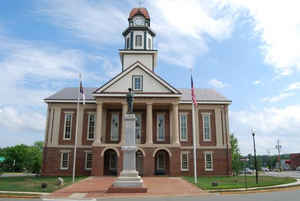
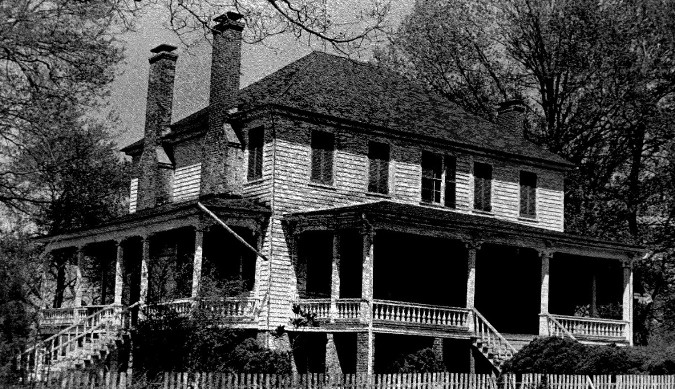
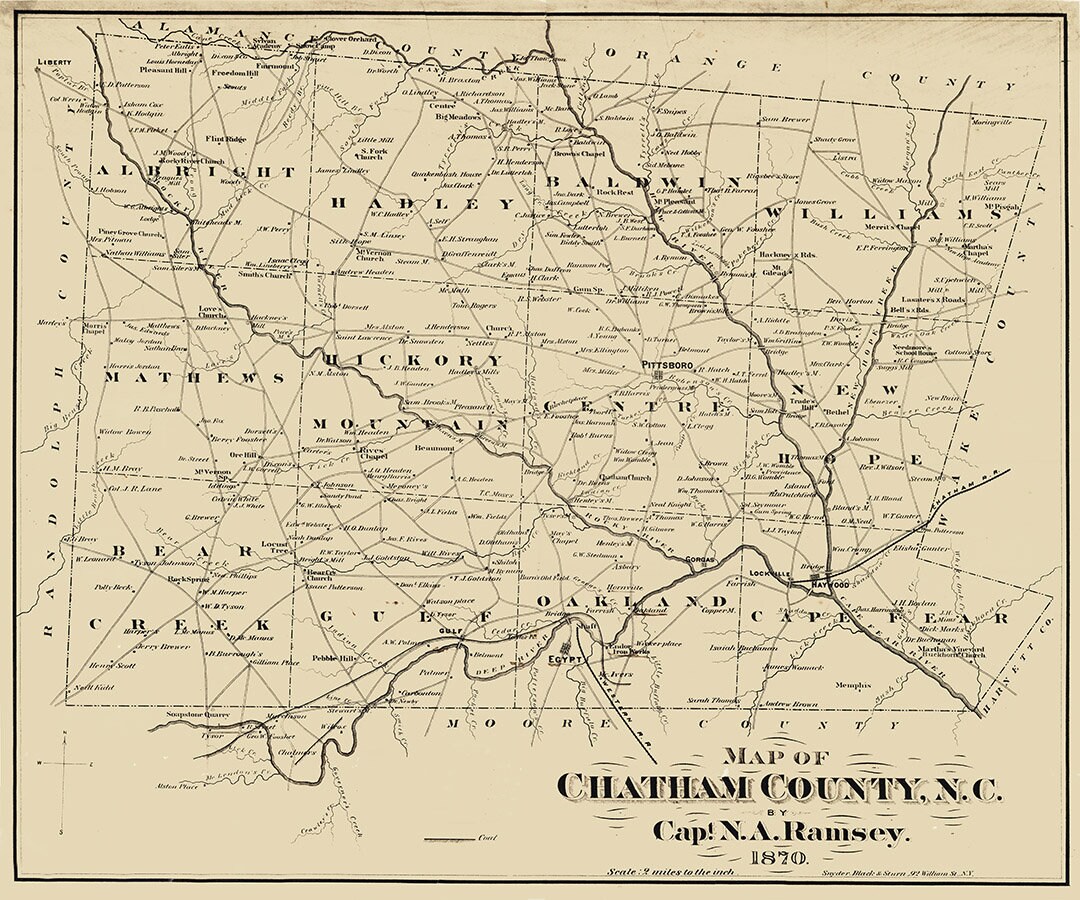


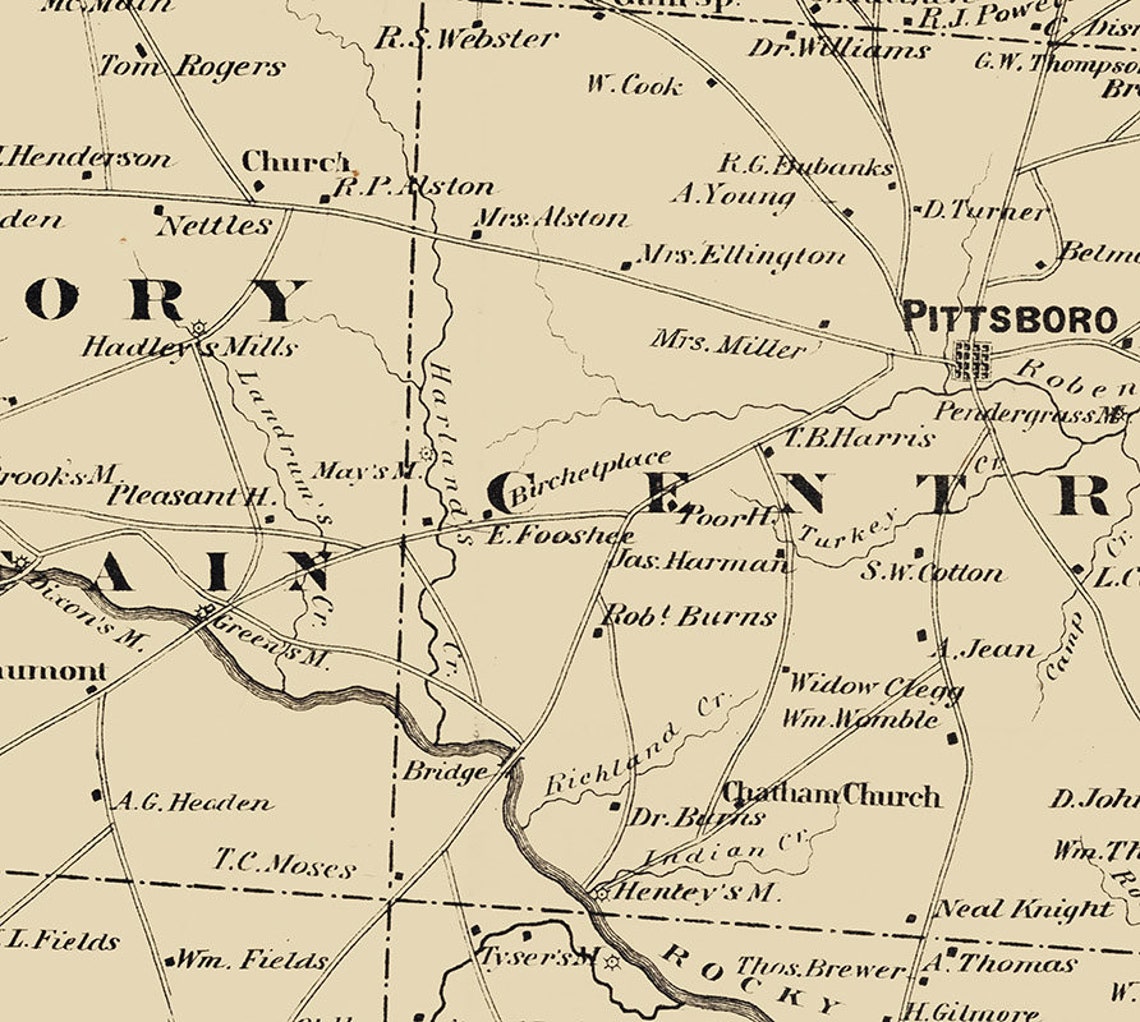
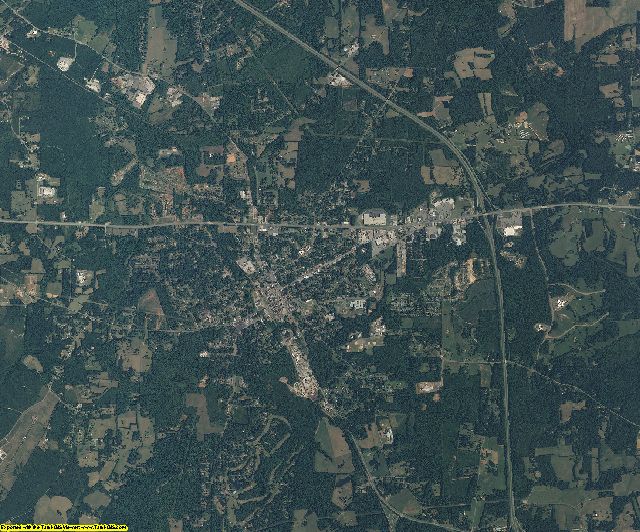
Closure
Thus, we hope this article has provided valuable insights into Chatham County, North Carolina: A Tapestry of History, Nature, and Modern Growth. We appreciate your attention to our article. See you in our next article!